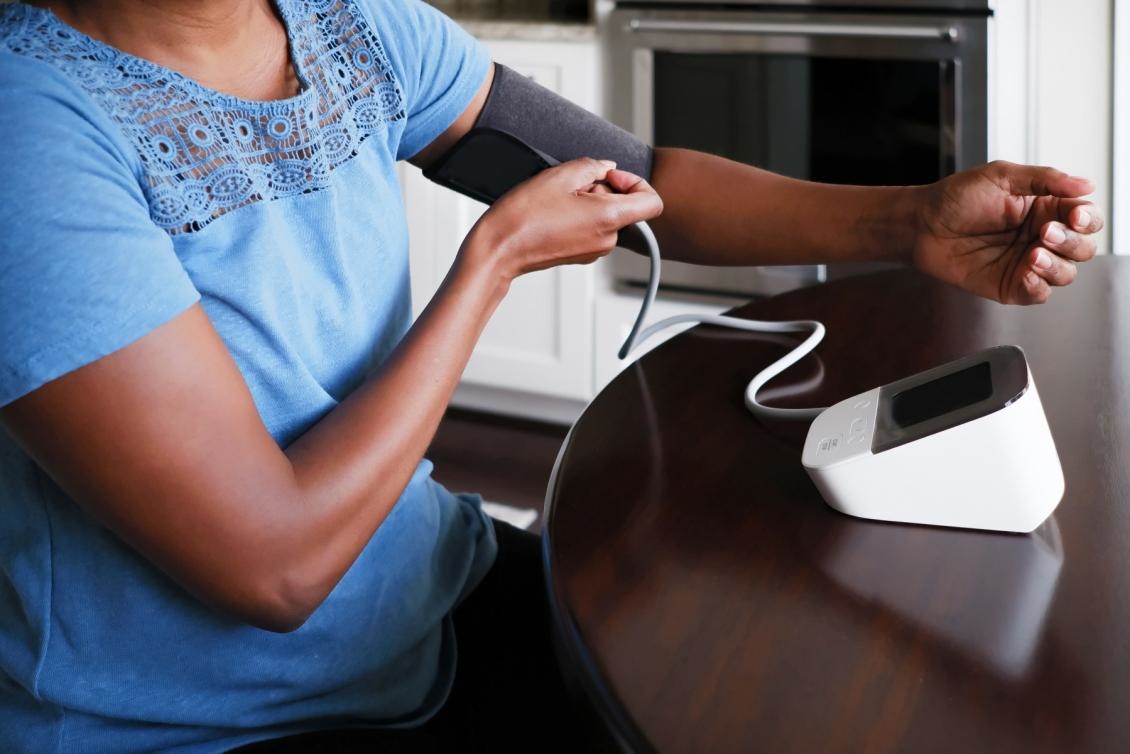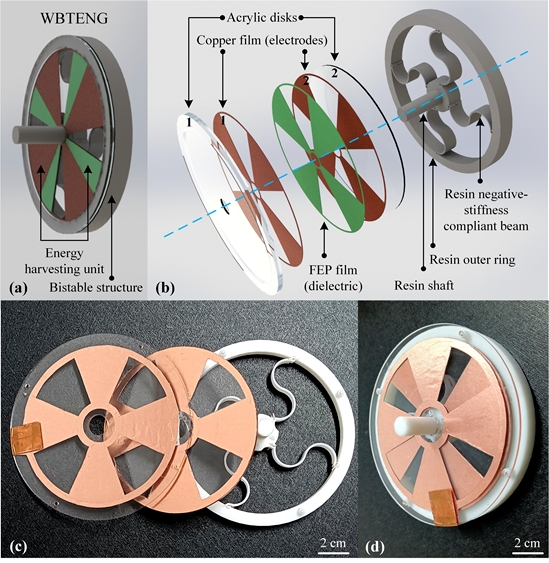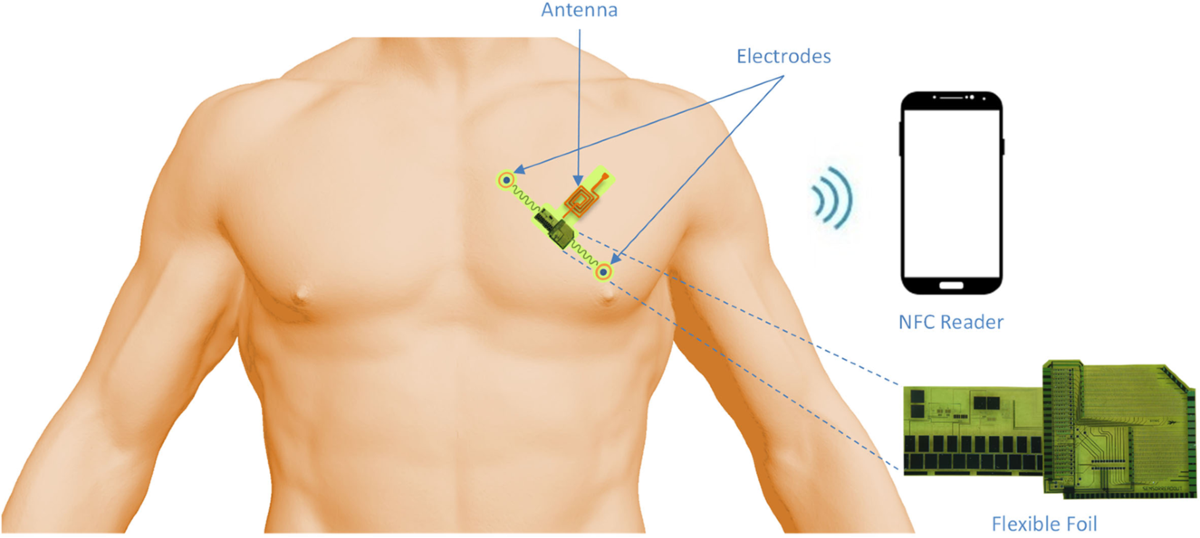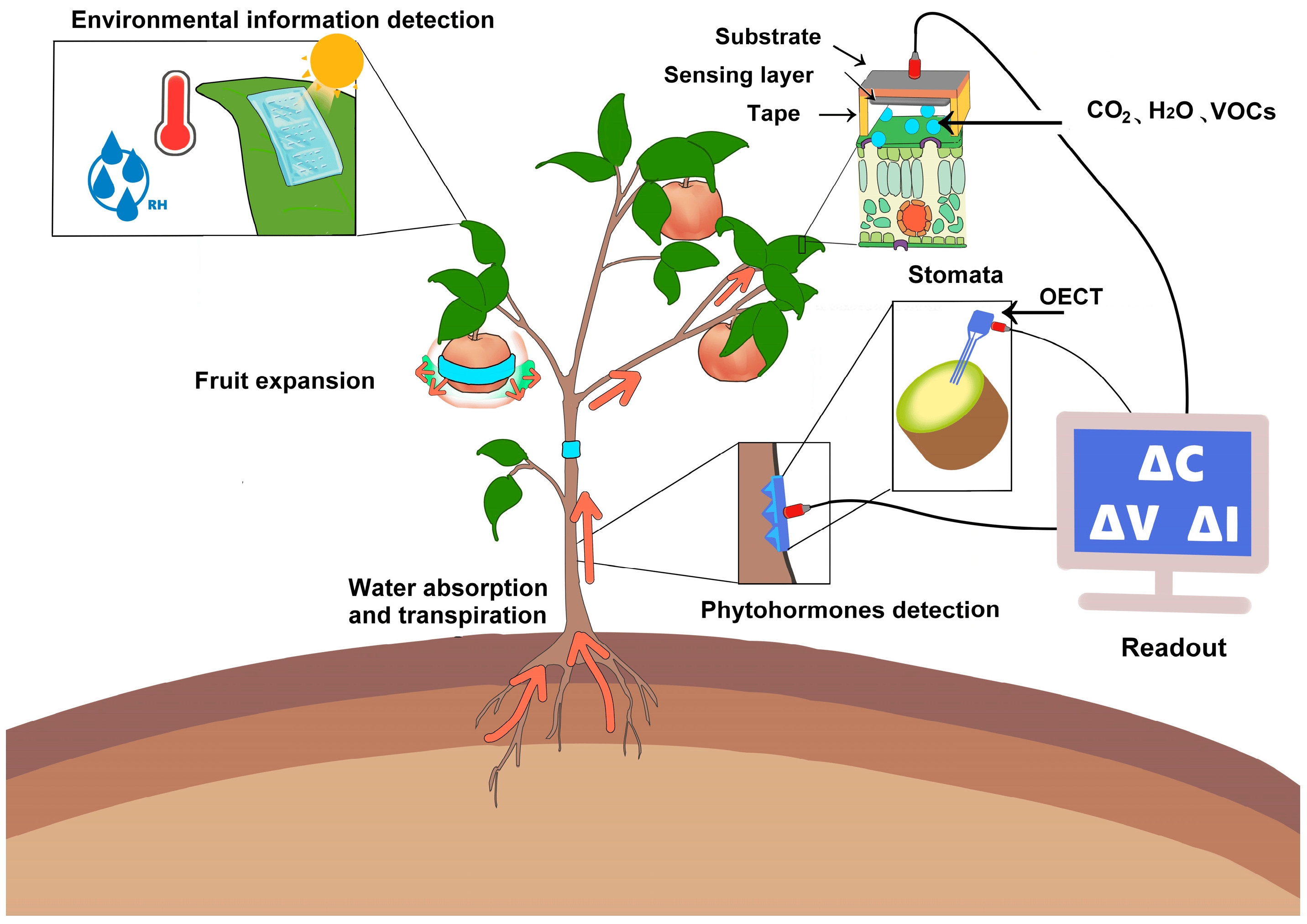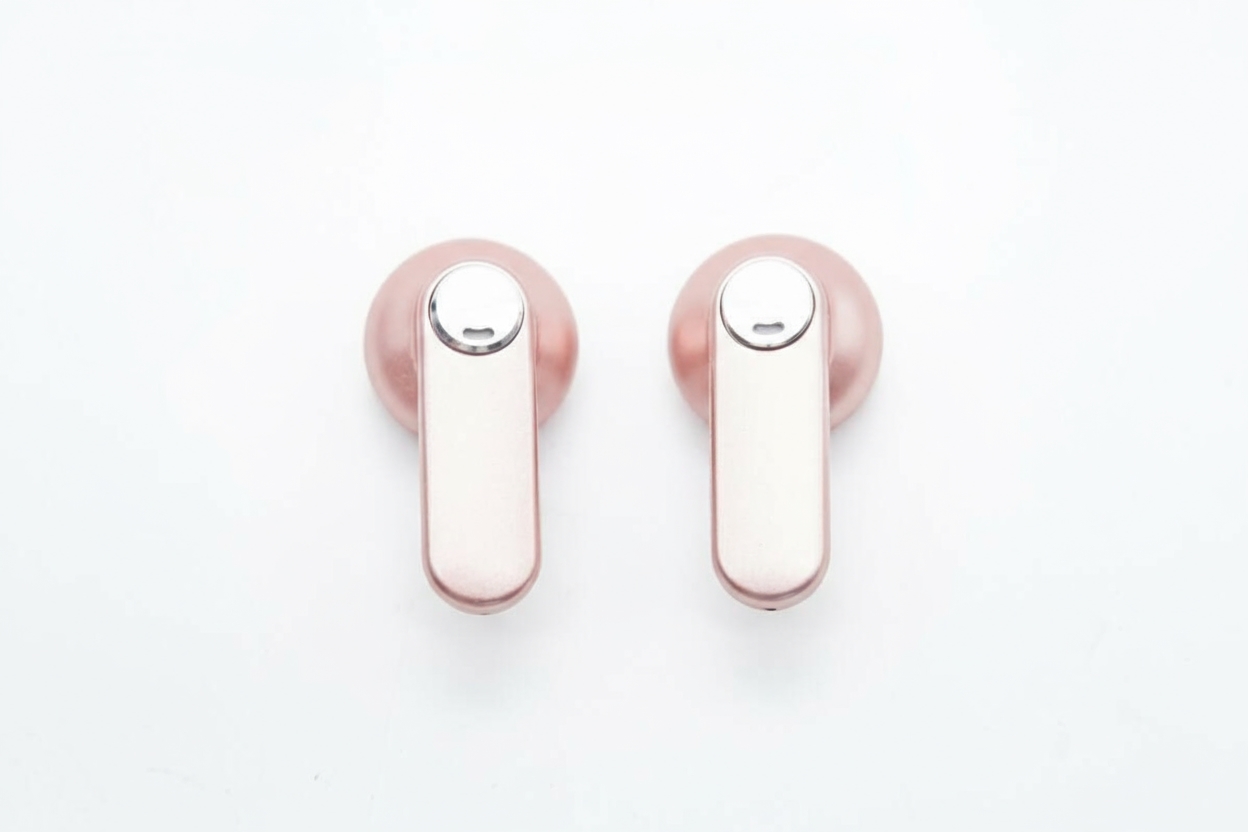Overview
A collaborative research team led by Professor Keon Jae Lee at the Korea Advanced Institute of Science and Technology (KAIST) has developed a high-sensitivity piezoelectric blood pressure sensor and validated its accuracy in clinical trials.
Smartwatches and electronic patches based on this piezoelectric blood pressure sensor are being prepared for commercial use.
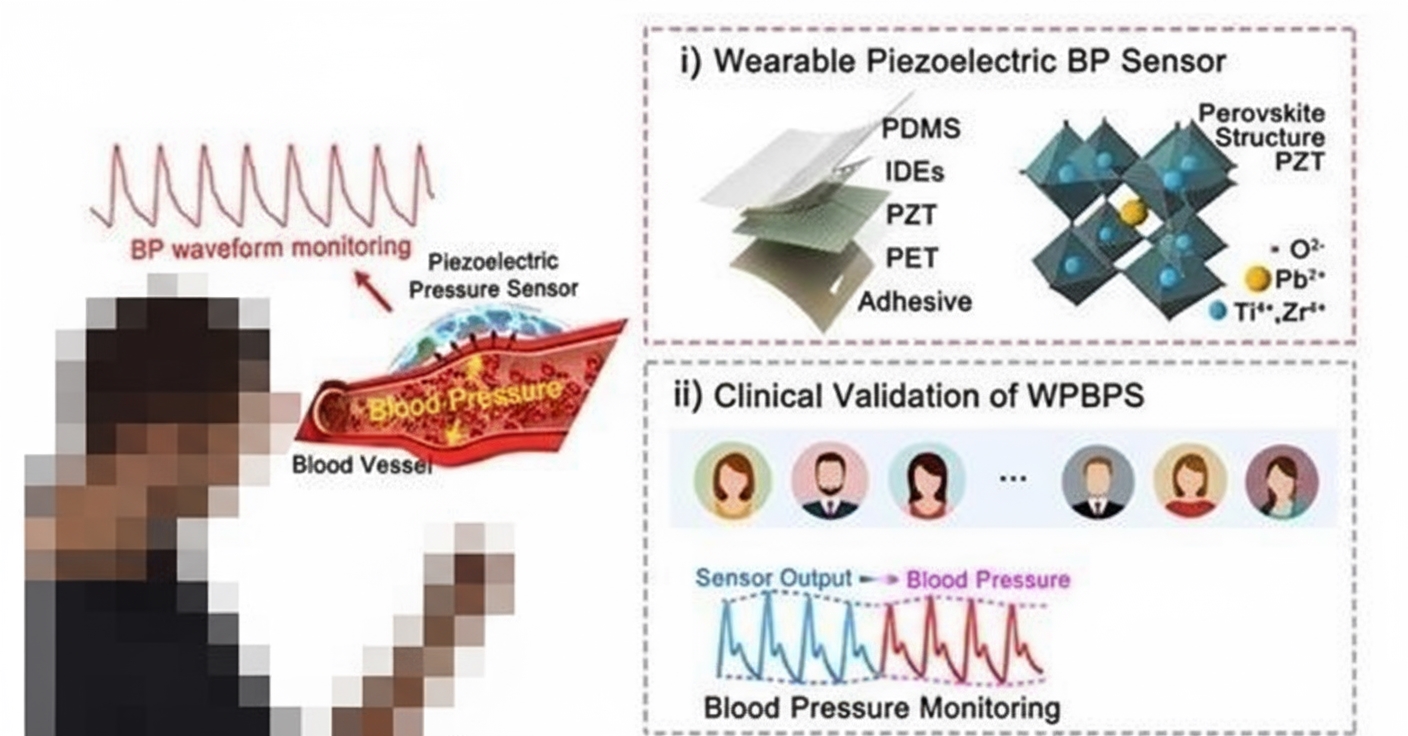
Technical background
According to Mems Consulting, a collaborative team from KAIST and the Catholic University of Korea developed a high-sensitivity wearable piezoelectric blood pressure sensor.
Blood pressure is a key indicator for assessing health and predicting stroke or heart failure. Cardiovascular disease is a leading cause of death worldwide, so regular blood pressure monitoring is important.
In recent years there has been growing interest in devices that can monitor blood pressure continuously. Smartwatches using LED-based photoplethysmography (PPG) are already available, but these wearables remain limited by the accuracy of optical sensors and struggle to meet international standards for automatic blood pressure monitors.
Sensor design
The research team led by Professor Keon Jae Lee transferred a high-sensitivity inorganic piezoelectric thin film from a bulk sapphire substrate onto a flexible substrate to create the wearable piezoelectric sensor. The ultrathin piezoelectric sensor is only about one percent of the thickness of a human hair (a few micrometers) and conforms to the skin, enabling accurate capture of subtle vascular pulsations.
Clinical validation and integration
Clinical trials at St. Mary's Hospital, Catholic University of Korea, verified that the sensor meets international accuracy standards, with systolic and diastolic errors within +/-5 mmHg and standard deviation below 8 mmHg. The team also successfully embedded the sensor into a watch-type wearable device, enabling continuous blood pressure monitoring.
Professor Keon Jae Lee said the primary goal of the medical wearable device is daily monitoring for patients with hypertension. The team also plans to develop a comfortable electronic patch for monitoring blood pressure during sleep, and intends to commercialize the technology through a startup.
 ALLPCB
ALLPCB



